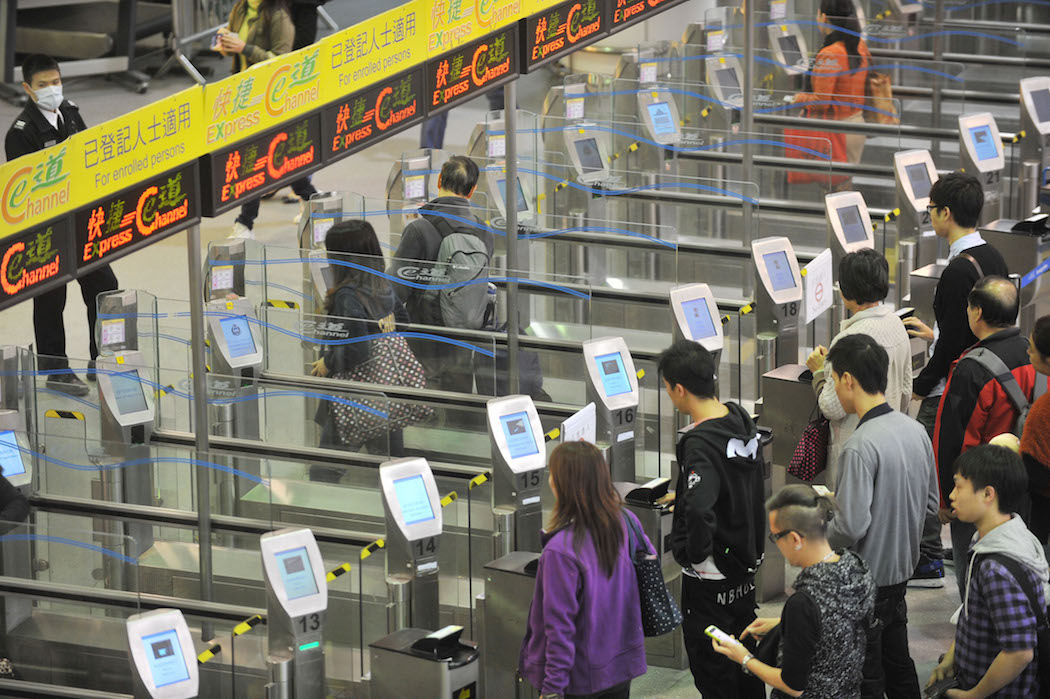Maybe the 5.4 million Hongkongers now eligible for a pathway to citizenship in the United Kingdom under the recently expanded British National (Overseas) visa scheme should look elsewhere for a safe harbour as one storm after another batters their beleaguered city.
If you are young and restless, there may be a much better proposition on the table from Canada. Both the Brits and the Canadians are responding to the repressive national security law forced upon the city by Beijing in late June of last year, which the two governments see as a violation of the 1984 Sino-British Joint Declaration that paved the way for the 1997 handover.

But the British arrangement, officially launched last month, presents — as many Hong Kong applicants have already discovered — something of an obstacle course with a number of hoops to jump through and ropes and ladders to climb. By comparison, the Canadian work-permit plan, which formally opened last week, is a welcome mat and open door.
Here’s what Hongkongers must do to qualify for the BN(O):
- show bank statements and any other financial records demonstrating that they can support themselves and any accompanying dependants for at least six months.
- pay a visa application fee of £180 (HK$1,932) per person for a 30-month stay (intended for those testing the waters) or £250 (HK$2,684) for the full five-year stay required for eventual citizenship.
- pay a surcharge of £1,560 (HK$16,747) to access the National Health Care Service if they are staying for 30 months and £3,120 (HK$33,493) if they are staying for five years.
- fill out a 100-question survey probing their life story.
- provide a detailed travel history that includes everywhere they have been over the past 10 years.
- furnish a tuberculosis test from an approved clinic.
- prove they are not a criminal or sex fiend.
- pass an English-language test and a test on British society at the end of their five-year stay.
- fork over £2,389 (HK$25,650) for the application fee for settlement and, finally — if they have made it this far through the process — another £1,206 ($12,948) for citizenship.
Clearly, only very determined, persevering and well-heeled Hongkongers will be moving to Britain.
Relocating to Canada is a far simpler affair. True, the Canadians are not extending an open hand to all Hongkongers. The programme, running through 2023, ignores the grassroots while targeting young professionals who in the last five years have earned a post-secondary degree or diploma that is equivalent to Canadian credentials.
Remarkably, applicants for the three-year work permit are not required to have secured employment before they arrive in Canada and, unlike the BN(O) scheme, there is no financial threshold to be met. There are also no language requirements or age limits, although it is clear the programme is designed to attract wannabe yuppies who are disenchanted with the harsh changes imposed on their city by central government authorities and their obedient minions now nominally running local affairs.
Another added bonus to the Canadian plan: if you have been convicted of a crime under the national security law, no problem — you are still welcome in Canada, according to the country’s immigration officials. No doubt that provision is particularly irksome to Beijing.
Of course, this is not the first time Canada has served as a bolt-hole for Hongkongers worried about the Chinese leadership’s next oppressive move. Some 200,000 Hong Kong-born people currently live in Canada, many of them arriving in the years before the 1997 handover that had been so badly sullied eight years earlier by the bloody June 4 military crackdown on tens of thousands of youthful pro-democracy demonstrators occupying Beijing’s Tiananmen Square.
Many Hongkongers who fled the city in the early and mid-1990s returned within the first 10 years of the handover, when it seemed that mainland officials would keep their hands and noses out of Hong Kong affairs and allow “one country, two systems” to flourish.
But the six months of anti-government protests that raged in the streets in 2019 and early 2020, prompting a national security law that makes insufficient patriotism a criminal offence, have transformed Hong Kong profoundly. What used to be a free city is now a place where free thinkers wind up in jail.
Hong Kong is in trouble, deep trouble — and, once again, Canada beckons.
Too bad only a relative few can apply.
Support HKFP | Policies & Ethics | Error/typo? | Contact Us | Newsletter | Transparency & Annual Report | Apps
Help safeguard press freedom & keep HKFP free for all readers by supporting our team

LATEST FROM HKFP
HKFP has an impartial stance, transparent funding, and balanced coverage guided by an Ethics Code and Corrections Policy.
Support press freedom & help us surpass 1,000 monthly Patrons: 100% independent, governed by an ethics code & not-for-profit.










